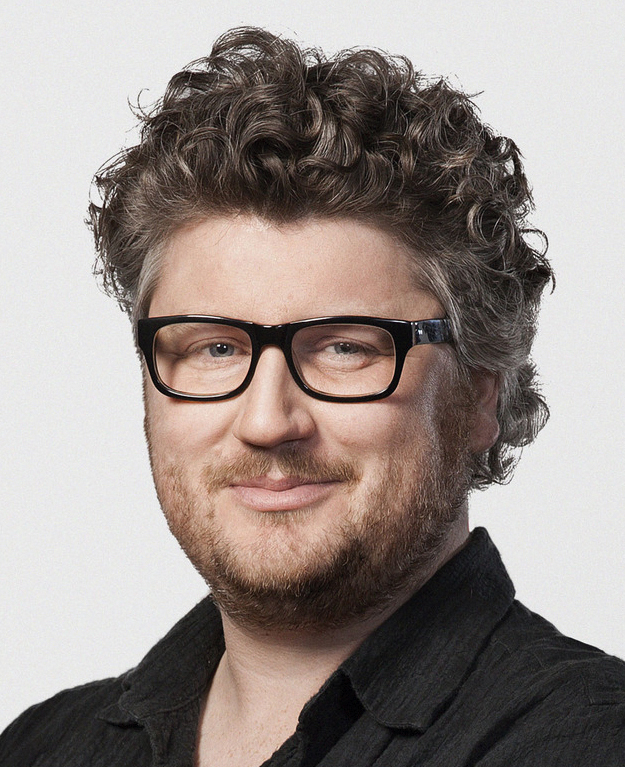Sweden, October 2018. The audience in Malmö were in raptures at the Leipzig Gewandhaus Orchestra’s performance of Mahler’s Fifth Symphony. Then the Adagietto movement began. And somebody dared to open a packet of chewing gum, at a sub-optimal moment of maximally pianissimo intensity on-stage.
The offending confectionery was ripped out of her hands by a vexed Mahlerian, and after the tumultuously loud climax to the whole piece, the wannabe gum-chewer struck the guy who had taken it, and they were supported by their friends, lovers and political partners in a full-on fisticuffs that is still going on as I write this.
That last bit isn’t true, but the rest of it is. How did we get here? Why is our listening culture so delicate that it can’t deal with the sound of a single gum wrapper? It’s one of the consequences of those pernicious thou-shalt-not lists of concert hall etiquette, in which our responses are limited to just two options: be quiet – quieter, ssh! – and applaud only at the end.
'This is not how it was supposed to be'
Woe betide the newbie who applauds after individual movements of Tchaikovsky’s First Piano Concerto or Beethoven’s Seventh Symphony. They are, it seems, showing their fatal disregard for a culture of self-sacrificing silence that’s one of the highest creations of the art-form we call classical music.
Except that’s not how it was supposed to be. The composers of the vast majority of the music that’s played in our concert halls wrote it for our noisy, engaged, participative listening. Silence at classical concerts was always a possible response, but for most music written up to around 1900, it was a gift that listeners would grant the performers if it commanded their attention sufficiently.
And silence certainly wasn’t always the gold standard, as Mozart proves: he wrote a D major symphony for Paris in 1778 in order to confound and confirm his listeners’ expectations. In fact, he wrote it for them to perform in too, composing space for their applause and acclamation to be part of the experience.
And it worked: Mozart wrote to his father that the audience applauded not only after each movement, but during them. In the finale, the audience shushed each other to hear the unexpectedly quiet music at the start, and then applauded when a loud forte crashed on top of it.
'What will result from this scrupulous silence? Fewer people will enjoy themselves’
If Haydn, Beethoven or Mozart were able to attend concerts today in Malmö or Manchester, they would be shocked at the one-dimensional silence. Stendhal, Rossini’s biographer, saw this coming in 1824: ‘What will result from this scrupulous silence and continuous attention? That fewer people will enjoy themselves’. We need to have more of a good time, because without our participation these performances and pieces simply don’t happen.
So here’s to enjoying ourselves more in concert halls: sometimes noisy, sometimes quiet, always engaged!





